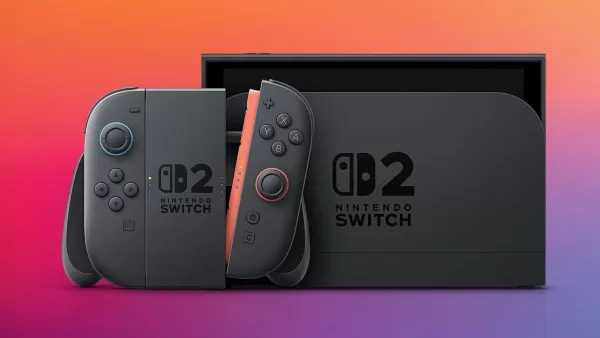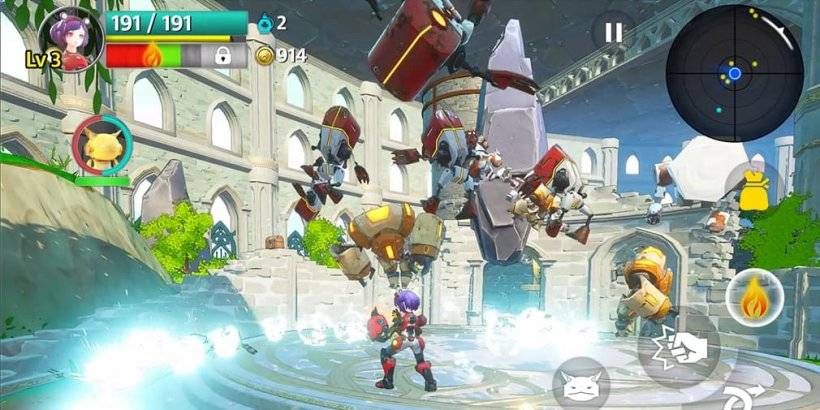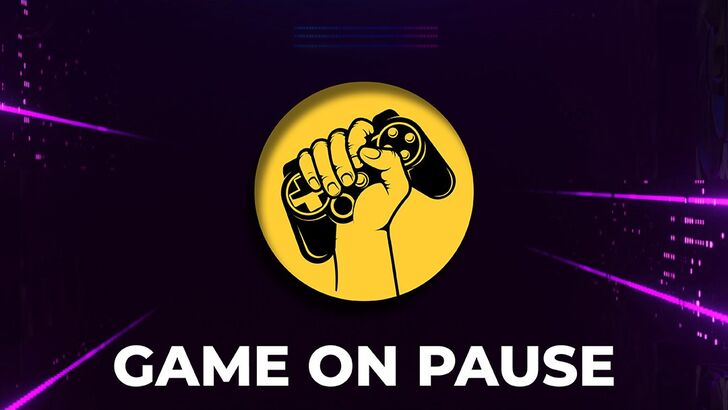 The video game industry faces potential upheaval as SAG-AFTRA, the union representing voice actors and performance artists, has authorized a strike against major game developers. This article examines the conflict over fair labor practices and the ethical implications of artificial intelligence in voice acting.
The video game industry faces potential upheaval as SAG-AFTRA, the union representing voice actors and performance artists, has authorized a strike against major game developers. This article examines the conflict over fair labor practices and the ethical implications of artificial intelligence in voice acting.
SAG-AFTRA Authorizes Strike Against Video Game Companies
SAG-AFTRA's Announcement
On July 20th, SAG-AFTRA's National Board unanimously empowered its National Executive Director & Chief Negotiator to call a strike if necessary. The strike would affect all work covered by the Interactive Media Agreement (IMA), halting SAG-AFTRA members' participation in affected projects. The central dispute revolves around securing crucial AI protections for performers.
National Executive Director & Chief Negotiator Duncan Crabtree-Ireland stated the union's unwavering resolve, highlighting the overwhelming 98%+ member vote authorizing a strike unless employers agree to key provisions, particularly regarding AI. He emphasized the union's dedication to its members whose exceptional performances are vital to the success of popular video games, urging employers to reach a swift agreement.
Key Issues and Industry Impact
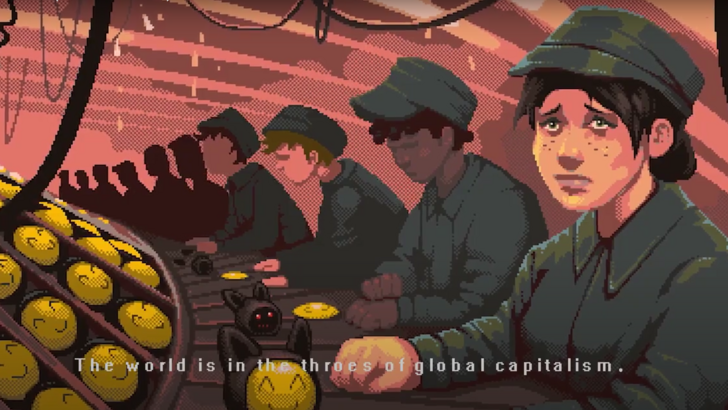 The potential strike stems from the unregulated use of AI in voice acting and performance capture. Currently, there are no safeguards protecting actors from AI replication of their work. Actors are seeking fair compensation for their performances, and clear guidelines and payment for AI usage of their likeness, even if they consent to its use.
The potential strike stems from the unregulated use of AI in voice acting and performance capture. Currently, there are no safeguards protecting actors from AI replication of their work. Actors are seeking fair compensation for their performances, and clear guidelines and payment for AI usage of their likeness, even if they consent to its use.
Beyond AI, SAG-AFTRA is pursuing wage increases to match inflation (11% retroactively and 4% annual increases for the following two years), improved on-set safety measures (including mandatory rest periods, on-site medics for hazardous work, vocal stress protections, and eliminating stunt requirements in self-taped auditions).
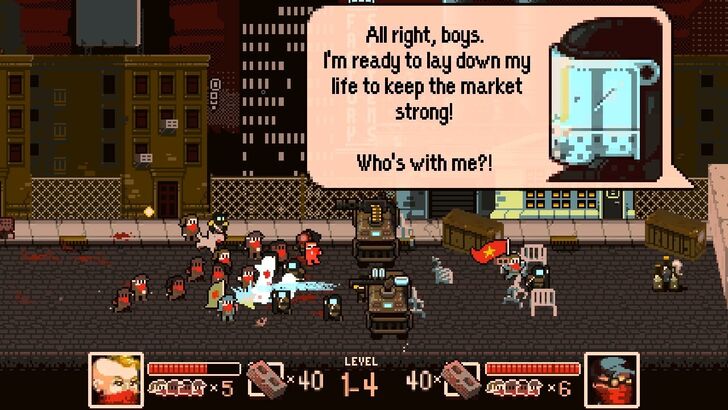 A strike's impact on game development is uncertain, unlike the immediate effects on film and television. Video game production spans years; while a strike might delay certain phases, the overall effect on release dates remains unclear.
A strike's impact on game development is uncertain, unlike the immediate effects on film and television. Video game production spans years; while a strike might delay certain phases, the overall effect on release dates remains unclear.
Companies Involved and Their Positions
The potential strike targets ten major companies:
⚫︎ Activision Productions Inc.
⚫︎ Blindlight LLC
⚫︎ Disney Character Voices Inc.
⚫︎ Electronic Arts Productions Inc.
⚫︎ Epic Games, Inc.
⚫︎ Formosa Interactive LLC
⚫︎ Insomniac Games Inc.
⚫︎ Take 2 Productions Inc.
⚫︎ VoiceWorks Productions Inc.
⚫︎ WB Games Inc.
Epic Games publicly supports SAG-AFTRA's position against granting game companies AI voice training rights from recorded dialogue sessions. Other companies haven't yet released official statements.
Negotiation History and Context
 The conflict began in September 2023 when SAG-AFTRA sought member authorization for a strike before contract negotiations. The vote overwhelmingly supported a strike (98.32%). Negotiations have since stalled, despite extending the contract which expired in November 2022.
The conflict began in September 2023 when SAG-AFTRA sought member authorization for a strike before contract negotiations. The vote overwhelmingly supported a strike (98.32%). Negotiations have since stalled, despite extending the contract which expired in November 2022.
This current dispute follows a 2016 strike lasting 340 days, resulting in a compromise that left many members dissatisfied. A January 2024 deal with Replica Studios, an AI voice provider, further fueled tensions within the union, perceived by some as a compromise on AI usage.
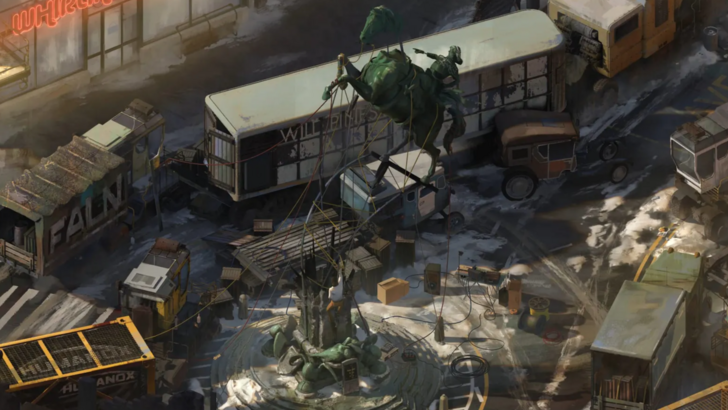 The authorized strike represents a critical juncture in the fight for fair labor practices in gaming. The outcome will significantly impact AI's role in performance capture and the treatment of video game performers. Protecting individuals and ensuring AI enhances, not replaces, human creativity is paramount in this rapidly evolving technological landscape. A resolution addressing the union's concerns is crucial.
The authorized strike represents a critical juncture in the fight for fair labor practices in gaming. The outcome will significantly impact AI's role in performance capture and the treatment of video game performers. Protecting individuals and ensuring AI enhances, not replaces, human creativity is paramount in this rapidly evolving technological landscape. A resolution addressing the union's concerns is crucial.


